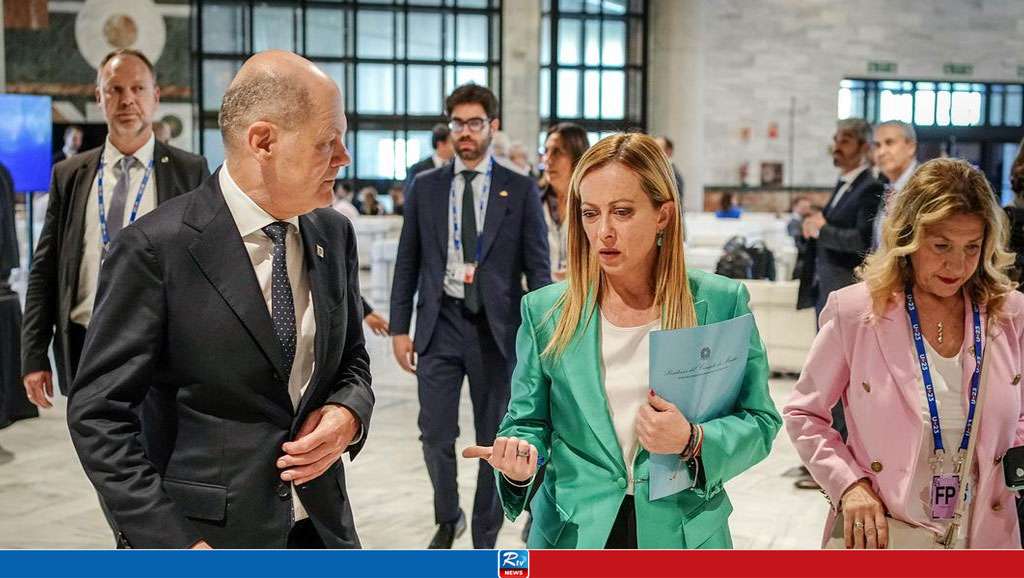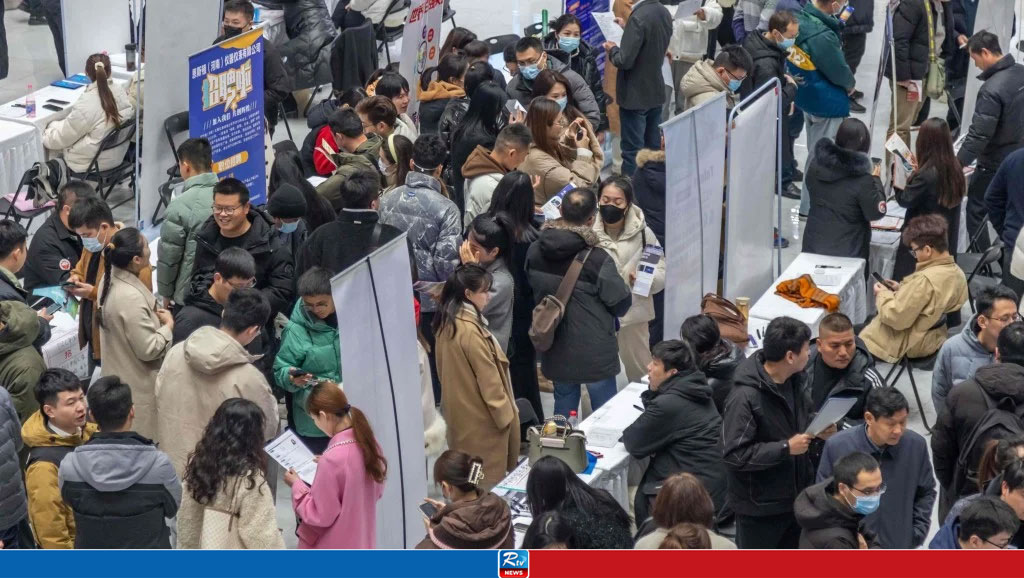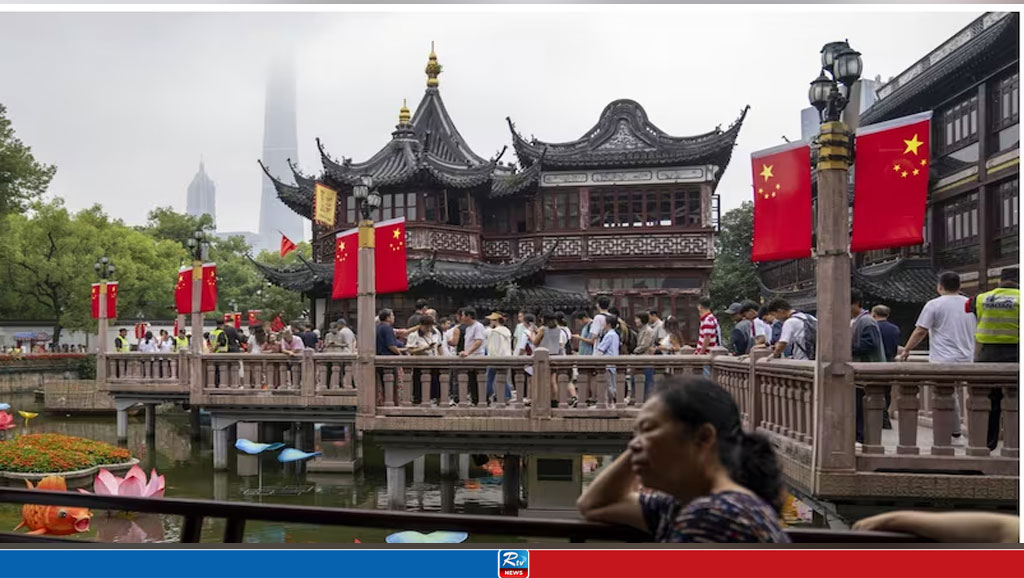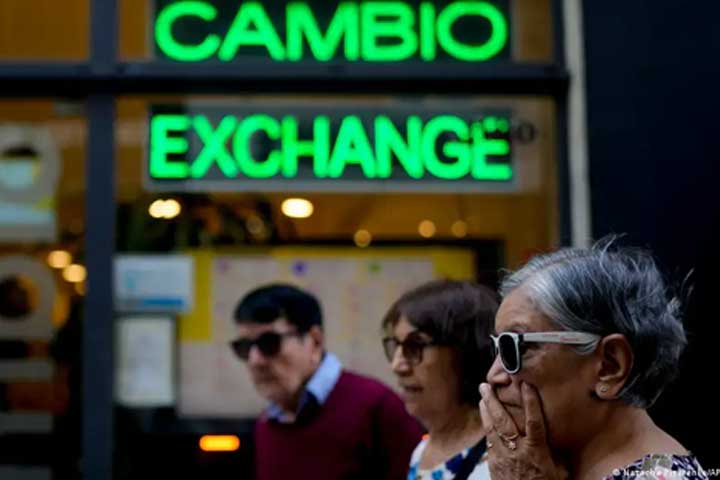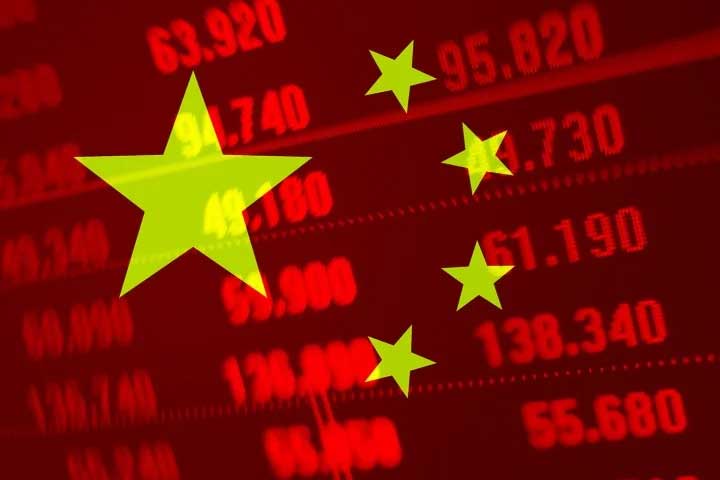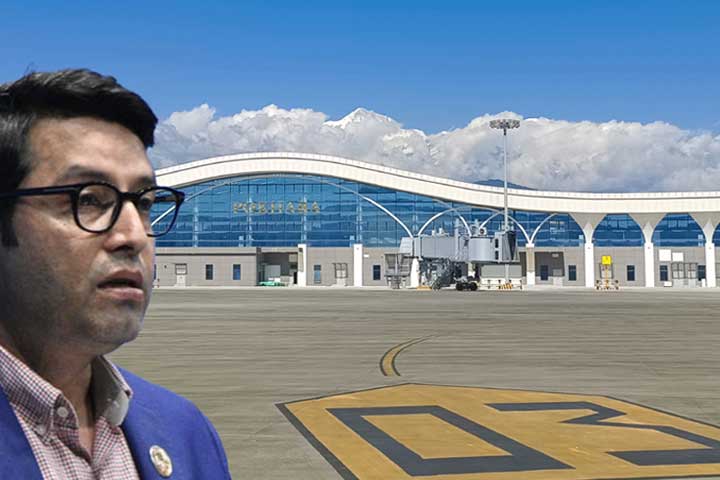Delay in China’s Key Economic Session
The third plenum of the Chinese Communist Party (CCP), usually held in October or November, has not been officially announced this year. Some China observers attributed the absence of a designated date to Chinese leader Xi Jinping’s autocratic decision-making, and others speculate the CCP could be facing unprecedented risks in its governance.
The third plenum is significant because it shapes the country’s economic reforms for the next five to ten years.
Every five years, the Party Congress convenes, resulting in the election of a new Central Committee comprising the top leadership. Last October, the regime held the 20th meeting of its rubber-stamp legislature, the National People’s Congress (NPC), with the newly formed Central Committee, in which Xi secured an unprecedented third term. The Central Committee would hold up to seven closed-door sessions, each with a different focus.
Xi Emulates Mao
Xi has been “acting outside conventional norms, governing the nation and the Party arbitrarily,” Wu Zuolai, a Chinese history scholar and political commentator residing in California, told the Chinese language edition of The Epoch Times on Dec. 4.
Particularly after Xi secured his third term, he began to act like former CCP leader Mao Zedong, who took the national meeting as “a formality” and even delayed one of them, Mr. Wu said.
Mao held the ninth meeting of the NPC in 1969, which is 13 years after the eighth NPC in 1956. Mr. Wu pointed out that Xi acts on his whims, and “he no longer cares about what others think.”
3 Main Problems
U.S.-based commentator Lan Su told The Epoch Times that “personnel matters, economic issues, and diplomatic concerns” are the three insurmountable problems for Xi.
Mr. Lan said that the personnel matters revolve around the recent dismissal of top officials, including Minister of National Defense Li Shangfu, Minister of Foreign Affairs Qin Gang, as well as the commander and political commissar of the Rocket Force, Li Yuchao and Xu Zhongbo, respectively, all of whom held their positions for less than a year. The decision on whether to revoke their memberships from the Central Committee has not yet been announced.
China’s economy is experiencing a significant downturn that is undeniable, according to Mr. Lan, adding, “Xi cannot prevent discussions about the root cause of the problem, as it pertains to the economic strategy for the upcoming years, and Xi cannot sidestep the issue.”
The China-U.S. relationship is undoubtedly a topic that will be addressed, the China observer said.
“If Xi fails to present convincing measures to sway the CCP and bolster his authority within the Party on these three issues, there’s a high likelihood that he will postpone the third plenum.”
CCP Infighting
Su Ziyun, director of the National Defense Resources and Industry Research at the Institute for National Defense and Security, said postponing the third plenum indicates the CCP is entangled in its internal struggles. Furthermore, “China has yet to announce its new national defense minister,” he told The Epoch Times.
Mr. Su believes that Xi’s authority within the Party is not absolute. “At present, it appears that Xi wields power, but he is not widely respected [by CCP officials], and his authority is being challenged.”
Upon securing a third term as the Party’s leader last October and consolidating his power by promoting his close confidants to significant positions, Xi encountered public criticism and political opposition for his three-year stringent zero-COVID policy and the humanitarian crises it brought about.
The “white paper revolution” that began in November 2022 played a pivotal role in ending the zero-COVID policy. Protesters, primarily young people, displayed banners condemning the pandemic lockdowns and expressing anti-Xi sentiments across the country. Consequently, Xi’s popularity saw a significant decline, affecting both public opinion and his standing within the Party. “If Xi cannot navigate this situation effectively, he might not be able to secure a fourth term,” Mr. Su said.
This year, the CCP has experienced internal dissent directed at Xi, driven by the slow economic recovery following the lifting of pandemic measures and ongoing challenges in international relations. A report from Nikkei Asia revealed that during the annual Beidaihe conclave or “summer summit” in August, Party elders called for accountability from Xi and voiced various concerns. Additionally, the death of former Premier Li Keqiang is linked by some to actions taken by Xi, further escalating the pressure on him.
Mr. Su said Xi created a difficult path for China by tightening control of the private industry, engaging in a trade war with the United States, adopting the strategies of wolf-warrior diplomacy, and pursuing military expansion, among other things. “I believe Xi is facing numerous dissenting voices behind the scenes,” he said.
Military Leadership in Jeopardy
The consecutive dismissal of high-ranking members within the Rocket Force has a “significant impact,” according to Li Yuanhua, a Chinese historian residing in Australia.
The Epoch Times reported in September that Xi’s suppression of key figures in the Rocket Force and its related sectors was a carefully orchestrated operation aimed at individuals who opposed Xi’s military plan to attack Taiwan.
Mr. Li told the publication that in the CCP’s military, the phrase “making political mistakes” refers to showing disloyalty to Xi. Nevertheless, the military operates in cliques and fosters a strong sense of brotherhood. “If you single out one person, it’s akin to targeting an entire faction and several individuals,” he said.
Mr. Li said that this is one of the reasons why the regime has not been able to appoint a new defense minister, and Xi would not want to appoint someone with grievances, as such a person is unlikely to be loyal to him.
“I believe he is facing a huge crisis in the military.”
Source: Epardafas
10 Dec 2023,19:58



















 Live Tv
Live Tv

